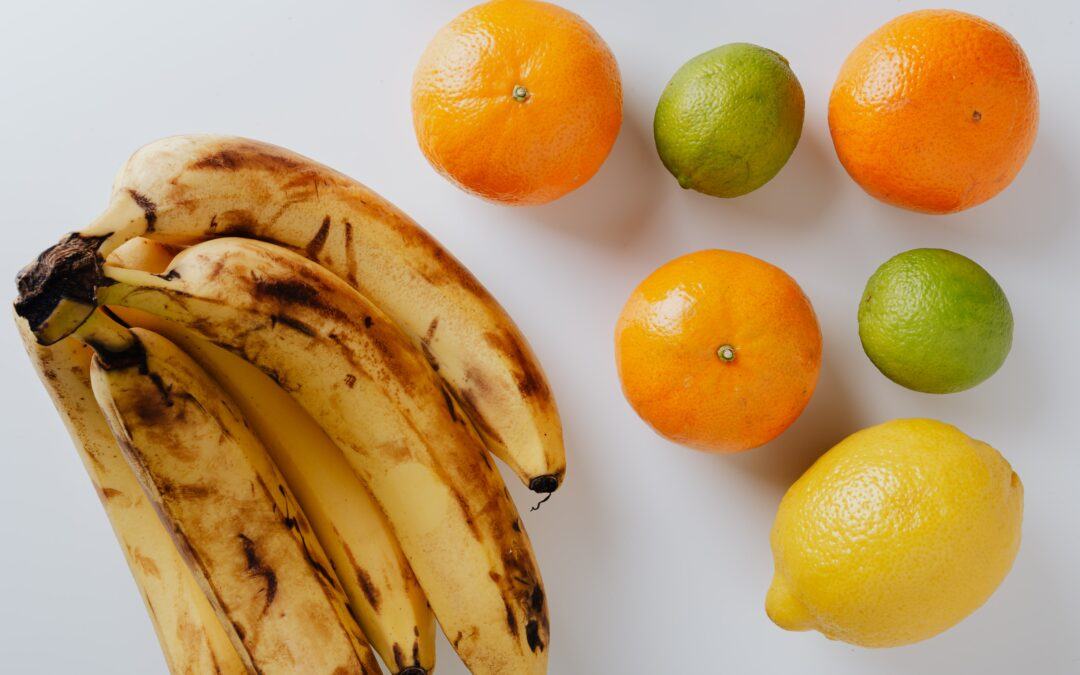What’s good for the gut might benefit the brain, researchers suggest, noting that imbalances in the gut microbiota could contribute to the development of Alzheimer’s disease, the most common cause of dementia. In research published in the Journal of Alzheimer’s Disease, a team of Swiss and Italian researchers found that proteins produced by certain intestinal bacteria could modify the interaction between the immune and nervous systems. That modification may lead to the development of amyloid plaques in the brain, previously found to raise the risk significantly for Alzheimer’s.
Diet plays a large part in implementing better gut health, and Lisa Mosconi, PhD, author of Brain Food: The Surprising Science of Eating for Cognitive Power recommends:
- Proteins from lean meat and fish, which are broken down into amino acids that form the basis of brain cells.
- Vegetables, fruits, and whole grains to provide important carbohydrates such as glucose, giving the brain much-needed fuel.
- Healthy fats like omega-3 fatty acids support the immune system and lower inflammation, and shielding your brain from damage.
- Fermented foods can increase the amount of beneficial bacteria in the gut, improving both gut and brain health.
- Adequate hydration from water, since brain cells require a balance of water and electrolytes for cells to function properly.
New research also suggests that taking probiotics could be beneficial for memory, particularly for those with dementia.
Probiotics are often taken to improve gut health and boost immunity, but researchers from Iran say probiotics could also benefit brain health. In a recent trial of 52 people with Alzheimer’s disease, aged between 60 and 95, half drank 200ml of milk enriched with four probiotic bacteria – Lactobacillus acidophilus, L. casei, L. fermentum, and Bifidobacterium bifidum. After 12 weeks, they showed improvements on tests to measure cognitive impairment. Each dose contained approximately 400 billion bacteria per species. The other study participants received untreated milk.
Professor Mahmoud Salami from Kashan University in Iran, and the senior author of the study, said: ‘In a previous study, we showed that probiotic treatment improves the impaired spatial learning and memory in diabetic rats, but this is the first time that probiotic supplementation has been shown to benefit cognition in cognitively impaired humans.’ Many people take probiotics to help with issues such as irritable bowel syndrome, inflammatory bowel disease, eczema and allergies. However, there has long been an interest surrounding the “gut-brain axis”. This is the belief that despite being effectively at other ends of the body, the brain and bacteria in the digestive system are intrinsically linked.
Walter Lukiw, Professor of Neurology, Neuroscience and Ophthalmology and Bollinger Professor of Alzheimer’s disease at Louisiana State University, who reviewed the study but was not involved in the research, said: ‘This early study is interesting and important because it indicates that probiotics can in principle improve human cognition. ‘This is in line with some of our recent studies which indicate that the gastrointestinal tract microbiome in Alzheimer’s is significantly altered in composition when compared to age-matched controls.’
Dr Rosa Sancho, Head of Research at Alzheimer’s Research UK, said: ‘The brain is often viewed as being separate from the rest of the body but scientists are understanding more about how changes in the body can impact upon the brain too. This new study raises interesting questions about the link between the gut and the brain, and their association with Alzheimer’s disease.
‘The improvements in memory and thinking are seen in people with Alzheimer’s disease in this study will need to be repeated in much larger studies before we can understand the real benefits of probiotics for the brain. We don’t fully understand how changes in the gut could be affecting the brain, and Alzheimer’s Research UK is funding research in this area to improve our understanding of this link.’
